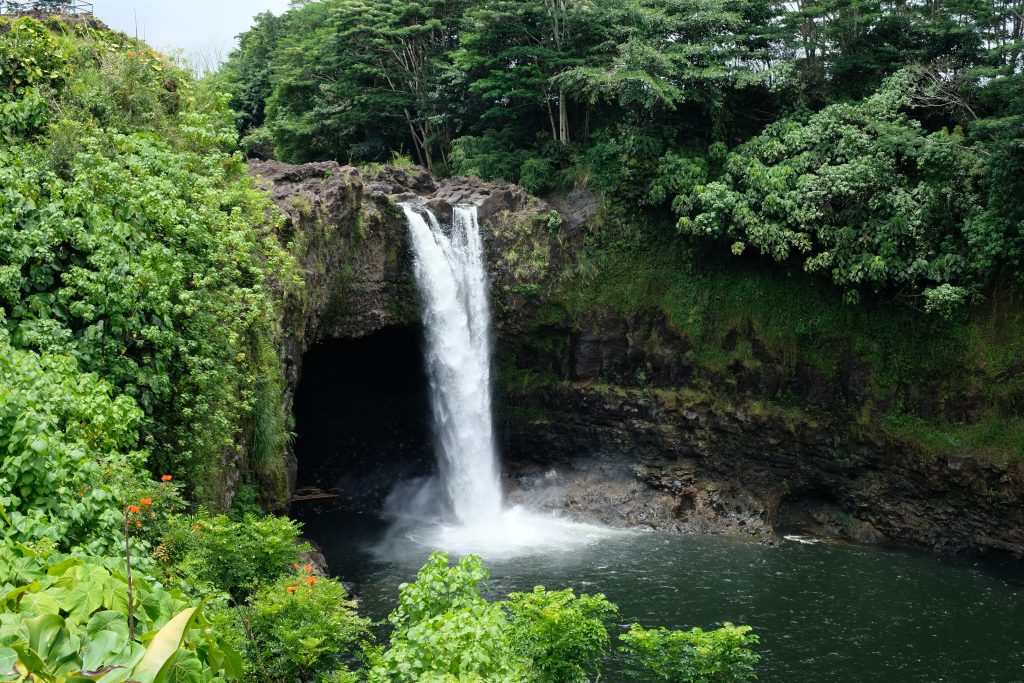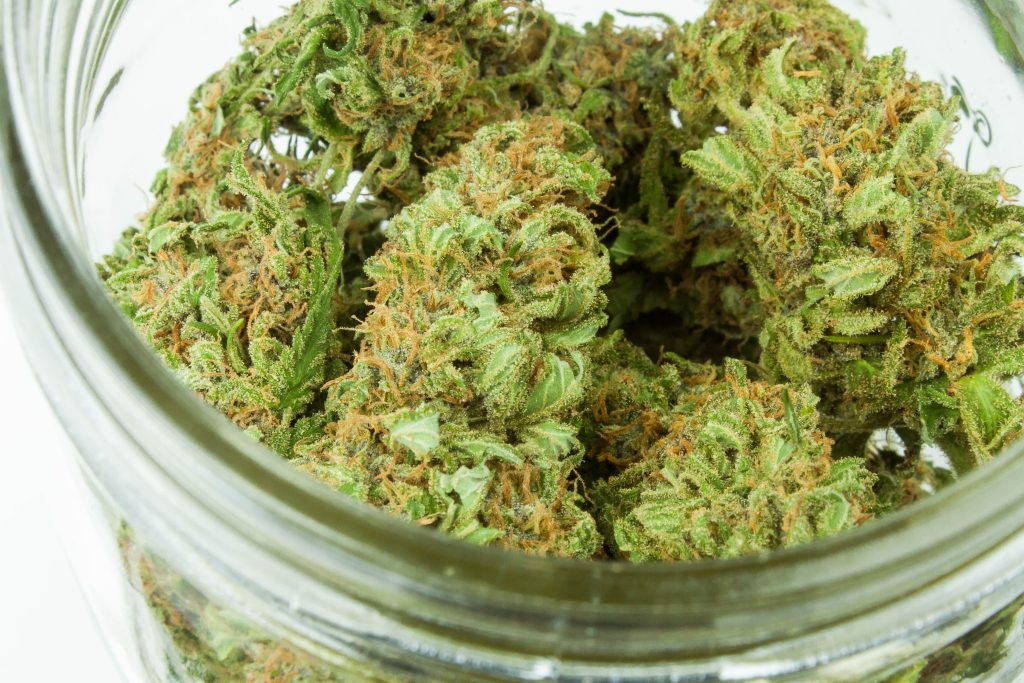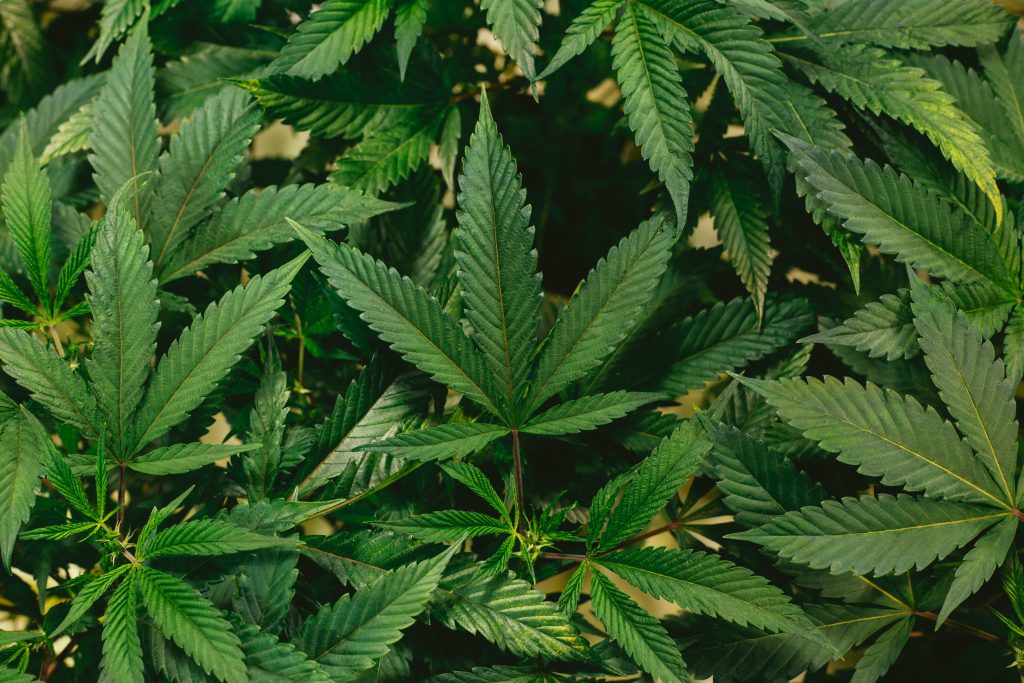
Hawaii’s aquamarine waters and gorgeous beaches might explain its reputation as a land of chill, laid-back vibes.
Yet when it comes to using marijuana, Hawaii’s cannabis laws are stricter than you might expect.
The Aloha State imposes several regulations on how patients can use medical marijuana to treat health conditions. Although it has decriminalized the recreational use of cannabis, and has even tried to legalize recreational use as recently as 2023, many rules and regulations remain in place.
If you’re interested in accessing medical marijuana in Hawaii, let our guide to the state’s medical marijuana laws put your mind at ease. Read on to learn everything you need to know, from getting a doctor’s recommendation to how much medical marijuana you can legally possess.
The first step to accessing medical cannabis in Hawaii is to find a doctor.
For those who don’t have a doctor or want to find a doctor who specializes in medical marijuana, the simplest way to do this is to use the Marijuana Doctors database.
You’ll need to see a doctor who can evaluate your health condition, determine if your health condition qualifies for medical marijuana, and write a doctor’s recommendation for you.
This recommendation, also known as a certification, is based on whether the patient being diagnosed with a medical condition that the Hawaii Department of Health considers a qualifying condition.
Patients who already see a primary care physician or medical specialist can speak with them to learn more.
Marijuana Doctors’ easy-to-use directory can help you to quickly find the nearest medical marijuana doctors in your area. Their website provides you with everything from each doctor’s phone number and office hours, to ratings and reviews from fellow patients.
Once a doctor writes a recommendation for medical marijuana, the state of Hawaii will recognize the doctor’s recommendation as valid for three years.
New patients who want to join Hawaii’s Medical Cannabis Patient Registry Program must be 18 years of age or older. They must also have a valid photo ID and a medical marijuana recommendation from their doctor.
The next step is to begin what Hawaii calls the 329 application process.
State law requires all qualified patients to join the Medical Cannabis Patient Registry Program, before they can legally purchase and consume cannabis for health and wellness.
Signing up for Hawaii’s Medical Cannabis Patient Registry Program is fast, easy, and can be done online.
Here’s how to do it:
Now that you’ve created an account, your next step is to fill out the 329 application form.
Please note that the following steps are only for the in-state application form.
If you reside outside of Hawaii, you can find information about how to complete the out-of-state application form in a later section of the article called, “Does Hawaii Accept Out-of-State Medical Marijuana Cards?”
Applications are processed in the order received, and usually take two to four weeks to process.
You may log in to your account at any time to check the status of your application. If your application is returned because it was incomplete, you will need to make the necessary corrections before the state can issue your medical marijuana card.
Upon approval, the Department of Health (DOH) will issue you a medical marijuana card, also known in Hawaii as a 329 Registration Card.
Check Out: Understanding the Therapeutic Potential of Cannabis Terpenes

Hawaii qualifies the following medical conditions for medical marijuana treatment:
Patients who are in treatment for a chronic or debilitating disease, or who experience one or more of the following conditions, can also qualify:
Hawaiian residents under the age of 18 are able to apply for a medical marijuana card, as well.
They must have a qualifying condition and an adult, typically a parent or legal guardian, who can register and act as their caregiver.
Physicians (MD or DO) and advanced practice RNs can evaluate whether a patient would benefit from medical marijuana, as long as:
Who Can Be a Medical Marijuana Caregiver in Hawaii?
All minor patients under the age of 18 are required to have a designated caregiver.
If you have been diagnosed with a condition that makes you too ill to grow or obtain medical marijuana on your own, you are also eligible under Hawaii’s Medical Cannabis Registry Program to use a designated caregiver.
It is the patient’s responsibility to find someone who is willing to act on their behalf as a caregiver. The caregiver must be at least 18 years old and must also register with the DOH Medical Cannabis Registry Program.
Note that a person can only act as a caregiver to one patient at any given time.
After December 31st, 2023, caregivers will no longer be able to grow medical marijuana on a patient’s behalf unless the patient is a minor, or if they reside on an island where there are no dispensaries.
However, the caregiver can still assist the patient with purchasing medical cannabis from a licensed dispensary.
Hawaii accepts out-of-state medical marijuana cards. As of 2019, patients who visit the Aloha State can apply for a temporary medical marijuana card. The temporary card is valid for two months.
However, the process still involves a little bit of paperwork.
Visit the Hawaii Medical Cannabis Registry website, create an account, and follow the steps for the Out-of-State Patients (OSP) application process.
Applicants can apply for no more than two 60-day terms per calendar year, and are subject to a non-refundable $49.50 application fee.
In addition, applicants must have:
Minors under the age of 18 who want to apply for a temporary out-of-state medical marijuana card must meet additional requirements.
Once the out-of-state application is approved, the patient will be granted electronic access to Hawaii’s 329 Registration card.
You Might Like: 10 Top Medical Marijuana Strains for Your Health

Cannabis flowers and cannabis-infused products remain illegal at the federal level. By law, you cannot transport marijuana across state lines or across federal property, which includes federal airspace and other federally maintained jurisdictions.
That means it’s illegal to possess any type of cannabinoid during travel, even inter-island travel within the state of Hawaii.
For example, you cannot bring medical marijuana with you when you fly from Honolulu to Kauai. This applies whether you are flying with medical marijuana inside your carry-on or checked luggage.
Patients who have a valid Hawaii medical marijuana card may possess up to 4 ounces of usable cannabis, and may grow up to 7 plants.
The patient must purchase the marijuana from a licensed Hawaii dispensary, or grow it according to state guidelines. Hawaii limits cannabis grow locations to:
All cannabis plants must be labeled with a legible identification tag. Only qualifying patients or their designated primary caregiver are allowed to handle or possess the cannabis plant.
After December 31, 2023, caregivers will no longer be able to grow cannabis plants on behalf of an adult patient, unless there are no dispensaries on the island where they reside. Caregivers will still be able to grow cannabis on behalf of a patient who is under the age of 18.
Hawaii has medical marijuana dispensaries on four of its main islands:
Patients who have a valid Hawaii medical cannabis card can visit a dispensary to shop several popular Hawaiian medical marijuana strains.
In 2022, Hawaii legalized the sale of cannabis edible products, including “gummies, hard molded confections made primarily from sugar or syrup, chocolates, cookies, brownies, honey, beverages, powdered beverage mixes or beverage additives, syrup beverage mixes or beverage additives.”
According to Hawaii state law, medical marijuana users are prohibited from smoking in public and anywhere else that smoking is not allowed.
This includes (but is not limited to):
Whenever a patient transports a cannabis product, it must be in a tightly sealed container, well-concealed, and out-of-view.
Inter-island transport of any cannabis substance is strictly prohibited under the law.
Those who still have questions about the Medical Cannabis Registry Program can visit the Resources page on the Hawaii Department of Health website.
The legal status of cannabis is in a constant state of change. Because medical cannabis laws can change at a moment’s notice, it’s important to stay abreast of the latest news in your state or region.
When in doubt, visit the website for your local government to check the status of the law. You can also bookmark the Marijuana Doctors website and visit it whenever you need the most up-to-date information about local medical marijuana doctors, dispensaries, and legal developments.
Up Next: CBG vs. CBD: Which Cannabinoid Shows More Promise for Mental Health?